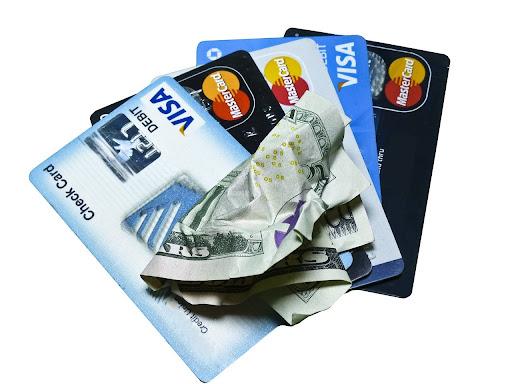Great news for all US residents landed on March 5th, when the Consumer Financial Protection Bureau finally wrapped up the role of capping out credit card late fees at $8! And while US citizens can expect this rule to be effective 60 days after its release in the Federal Register, many are already breathing a sigh of relief. Over 40 million Americans should save around $200 per year, whereas before, each user averaged around $32 for late fee payments. By relieving citizens from unnecessary penalties, US households can expect a slight increase in their house budget.
Lower fees and penalties, with affordable credit payments, allow residents to allocate their spending elsewhere. Many will find it possible to buy more groceries and entertainment, increase savings, or put more towards paying off credit. Once in full effect, the Consumer Financial Protection Bureau predicts that US citizens may save up to $10 billion a year. And with more savings, more people can use their newly gained financial freedom towards entertainment. Tickets for local sporting events, movies, and shows should now be more affordable to more American households. More players can use credit card casinos that Nick Pappas mentions, which all accept cards like American Express, Mastercard, Visa, and more for the ultimate in online security for you and your money. Subscriptions to various streaming services, MMO subscription games, and online services can now fit into the home budget.
With more room in the budget to funnel for entertainment, users can explore options previously closed. All industries benefit once consumers have more money to spare. The rise in grocery prices because of inflation is now easier to manage, and credit card companies can forget about profiting from junk fees, which only hamper end users. Some experts predict banks will find a new way to funnel costs, spreading them to their other services, but no such actions occur. The American Bankers Association claims such reductions will increase credit costs and lower competition among banks while deterring users from paying credit instalments on time, thus reducing their credit scores.
The ABA claims higher credit card late fees were set up to inspire and motivate users to finance their credits on time, but stats say otherwise. Late fees could range from $30 to $41 and made people who were already at their credit limit buried in fees and unable to pay anyway. The credit industry now faces a new reality, where credit conditions may change towards the end user, as lower fees mean more people could go towards opening a credit line, but it’s still early to predict if banks will embrace the new possibilities and how the credit market will reach.
Easier credit payment conditions also mean that end users can focus on expenses left behind on their lists, and it’s expected for credit collection agencies to have fewer cases to track. Easier credit payments and lax penalties for missing a credit instalment contribute to the nation’s health, and Silvio Tavares, CEO of VantageScore, claims the nation’s credit health is steady, but showing early signs of stress. In such an environment, any help from the government, major or minor, gives a needed financial infusion to the economy. Because possible savings need time to accumulate and take effect, each agency will closely monitor the effects of such an impactful decision, as anything can change to accommodate the market.









